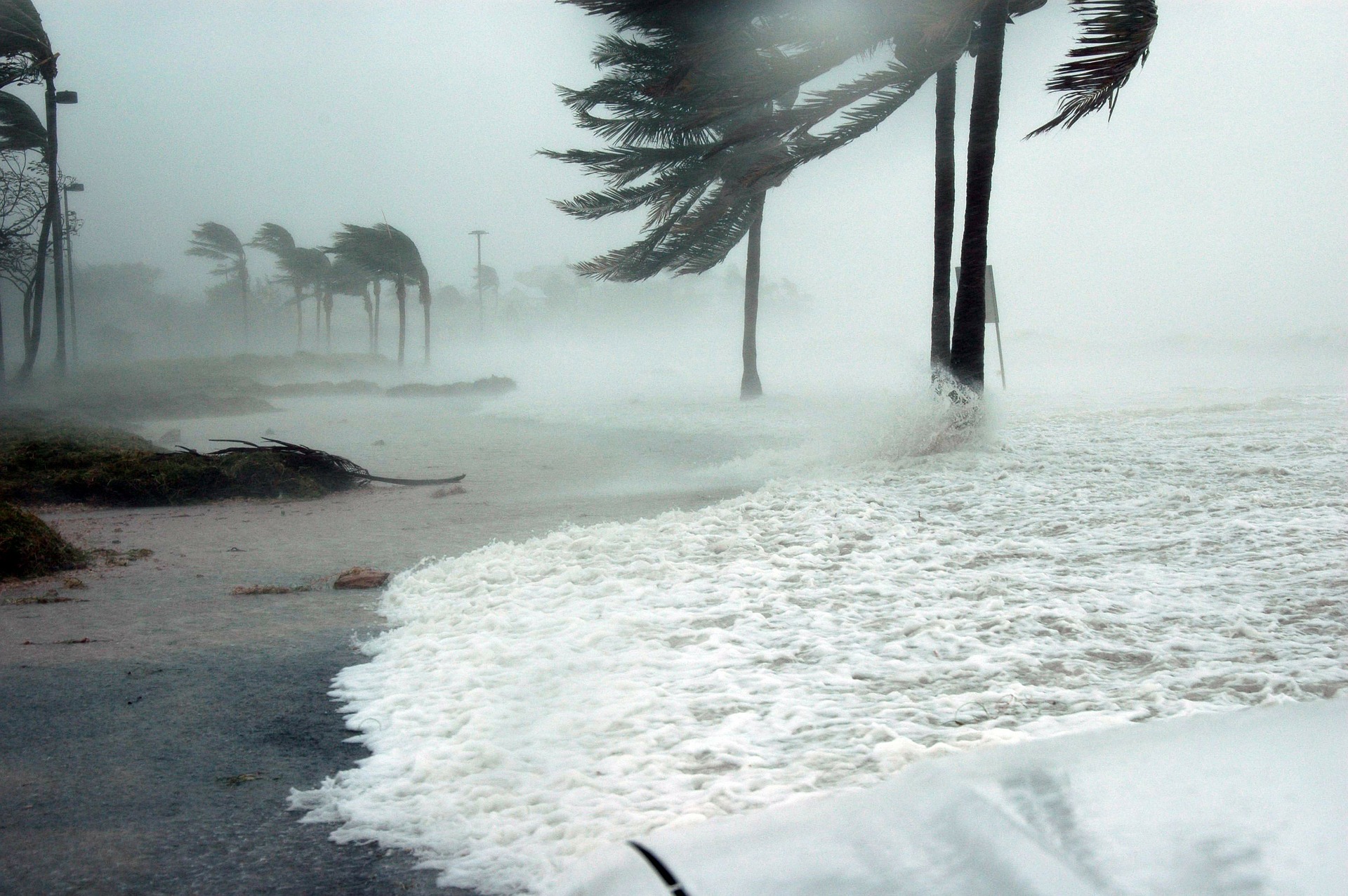TWIST: Yes it's climate change, but it's also us
Welcome to “This Week in Sustainable Transitions” or TWIST a new weekly post which covers one topic in the news involving sustainable transitions and climate change.
As you may have noticed, I have really gotten behind on my weekly TWIST posts. It’s not that I haven’t tried, but every time I have been uninspired. However, this week something has changed. This week a large hurricane, Hurricane Florence, is hitting the east coast of the United States. This week also marked the one year anniversary of Hurricane Maria devastating Puerto Rico. Disasters and hurricanes in particular are an interest of mine as you can see from this podcast on my work on disasters and transitions. So I knew that I could not allow this week to go by without writing anything on this topic.
Increasingly, newspapers and weather forecasters are become comfortable attributing disasters at least the strength of the disaster to climate change. With Hurricane Florence, scientists have modelled that the storm will pour 50% more rain on the Carolinas then it would have it there was no climate change and the hurricane is about 80 km wider. This clearly shows the importance in understanding how climate change will impact future hurricanes- and that we need to plan for a future where climate change has changed the severity of hurricanes.
Yet that is not what is happening. In some places, lawmakers have made it more difficult to plan for disasters with climate change in mind. One of these places is North Carolina, where Hurricane Florence made landfall on Friday. In 2012, the North Carolina Republican-led (naturally) state legislature put in place legislation that made it impossible to plan based on a future forecast that included climate change and instead had to rely on historic data. As a result, development continued along the coast of North Carolina bringing more people into harm’s way. This has scientists worried that North Carolina is not as prepared as it should be to face hurricanes like Florence.
So not only will the storm be much more damaging because of climate change, but it will also be more damaging because we failed to plan for it. That unnecessary loss that is caused by not properly planning is on us. What’s more, it highlights the problems with climate change denial and that it is not something that will only hurt us in 50 years, but actively hurts us now.
